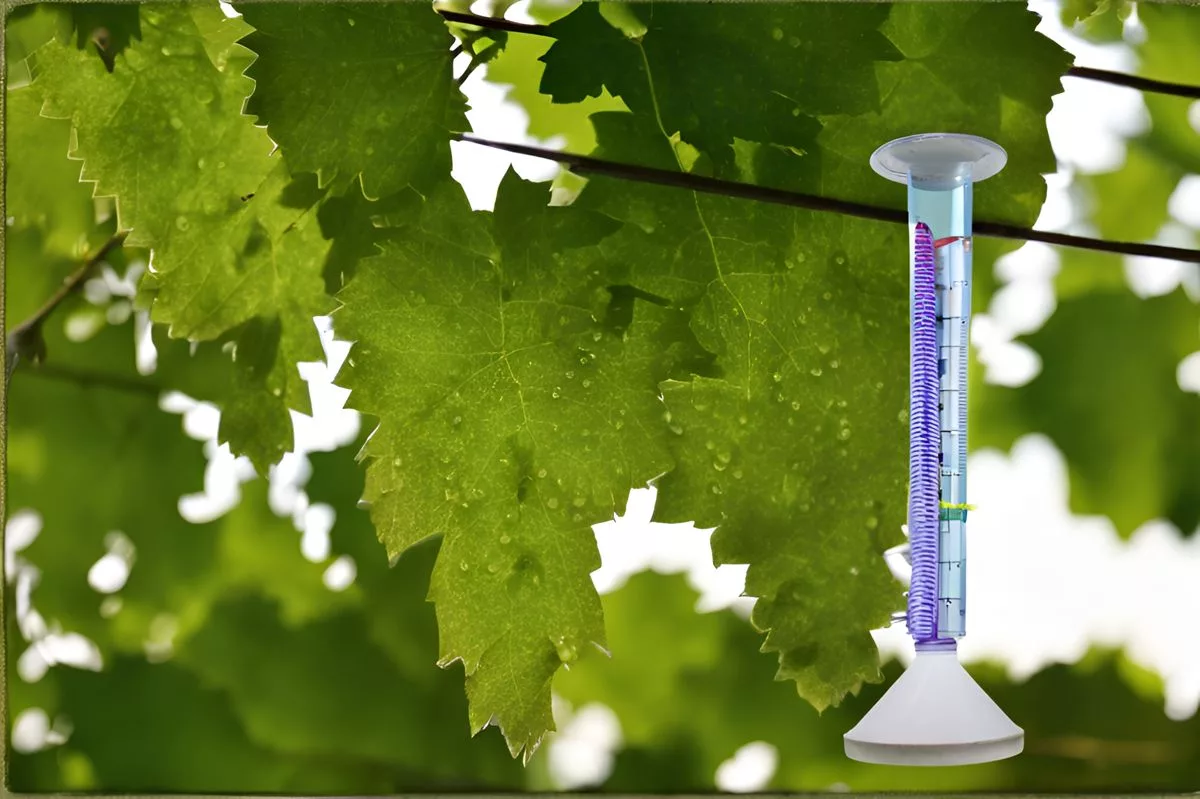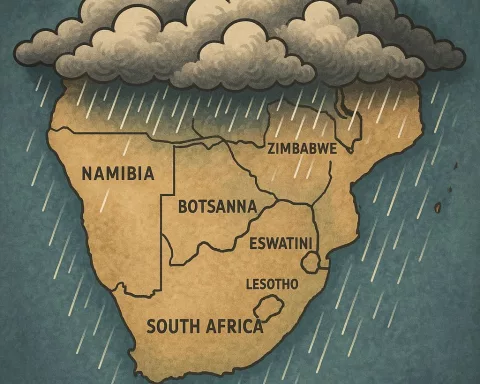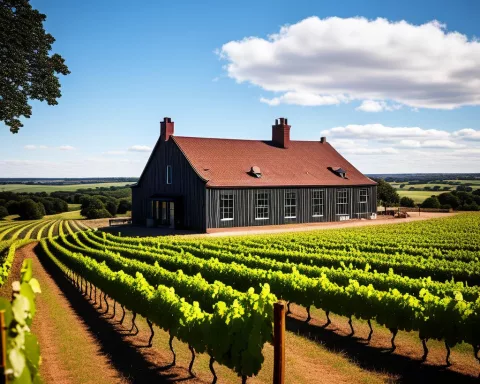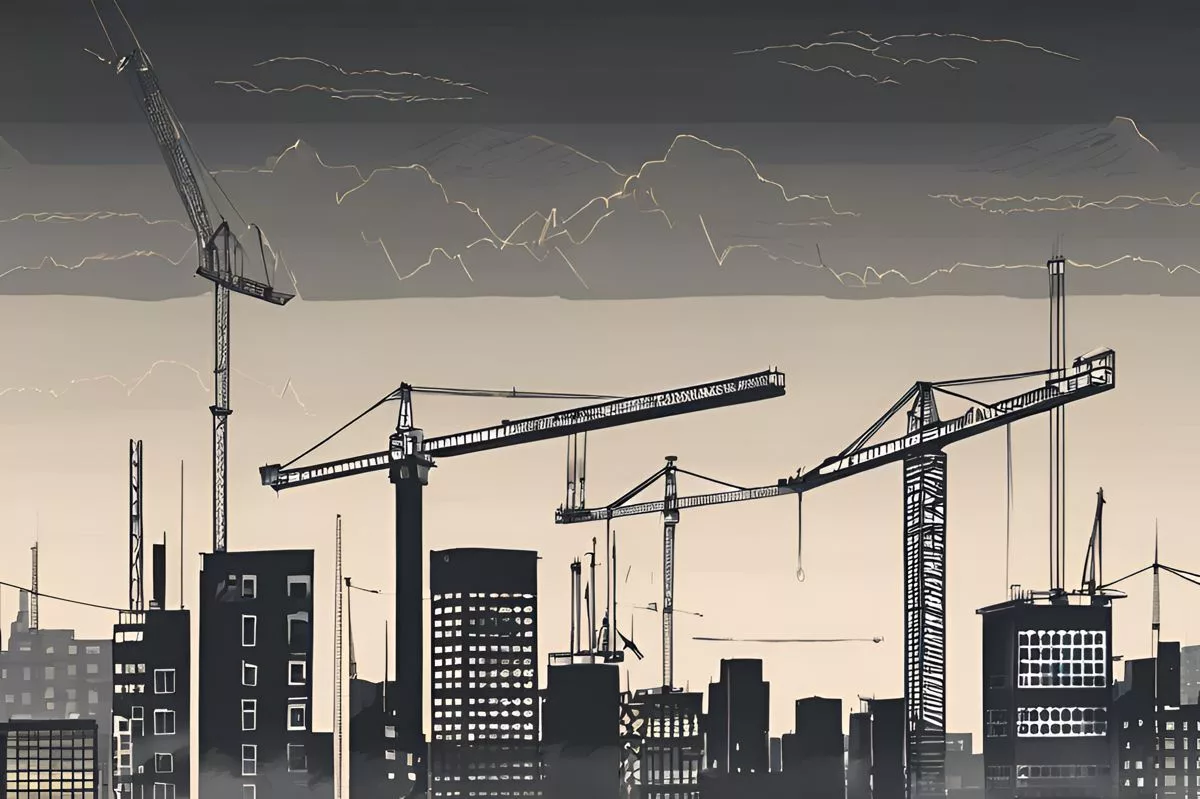The South African wine industry is adapting to climate change by replanting vineyards to conform to natural contour lines, installing drains to direct rainfall towards a reservoir, fostering biodiversity to enhance soil fertility, and preparing for future climate challenges. The vineyards in Stellenbosch are being extensively restructured to better endure heavy rain episodes, and the goal is to create a harmonious relationship with nature. The industry must prepare for a global temperature escalation of up to 3 degrees Celsius and a 30% shrinkage in annual rainfall by mid-century.
How is the South African wine industry adapting to climate change?
The South African wine industry is undergoing a major transformation to adapt to climate change. Vineyards are being replanted to conform to natural contour lines and drains are being installed to direct rainfall towards a reservoir to offset drought periods. Biodiversity is being fostered to enhance soil fertility, and preparations are being made to tackle future climate challenges.
Perched in the picturesque hills of South Africa, a scenic wine estate stands as a beacon against the rough-hewn beauty of the landscape. Legacy grapevines, echoes of yesteryears, lay in heaps at the foot of an unused field, their presence a stark monument to the difficulties imposed by climate change. As global warming progressively unfolds, vintners from Italy to Australia find themselves locked in a relentless race to adjust to the evolving climate conditions that significantly affect their cherished crop.
Transforming Vineyards Amidst Climate Change
Located in the Cape Winelands’ heartland, east of Cape Town, a major shift is underway. Rosa Kruger, a highly regarded viticultural consultant, spearheads a project aimed at tackling climate change head-on. “I detest the idea of simply accepting things. We must put up a resistance,” Kruger declares, embodying the global wine sector’s resilient spirit. The vineyards encircling Stellenbosch, inclusive of the Reyneke estate, were inadequately prepared to bear the brunt of weather anomalies, with their conventional ‘square blocks’ planting arrangement becoming progressively unsuitable.
The advent of a new era witnesses the land itself prescribing the layout of vineyards. Conforming to the natural contour lines of the hills, the plantations are earmarked for extensive restructuring to better endure heavy rain episodes. This painstaking process of replanting is carried out in stages. As the new vines steadily establish themselves, old vines, such as Chenin, a grape type iconic of France’s Loire region, ensure the continuity of wine production.
The Integration of Biodiversity and Sustainability
The essence of this transformation is the creation of a harmonious relationship with nature. Drains are thoughtfully installed between plots, directing rainfall towards a reservoir intended to offset drought periods. Native bushes punctuate the property, highlighting the goal of fostering biodiversity. It is hoped that the rejuvenation of local insects and animals will enhance soil fertility. The once dominant pine trees, remnants of European colonization, have been eradicated, their thirsty roots having sapped the vineyard of vital moisture.
” Our vision is to create and evolve the perfect sustainable farm, one that will retain its relevance in 50 or even 100 years,” states Rudiger Gretschel, the chief winemaker and director at Reyneke. Although the estate is blessed with “granite soils” and enjoys “proximity to the ocean,” nurturing grapes at the southernmost tip of Africa is persistently challenging. The unpredictability of the climate, extreme temperatures, and sparse rainfall already test the limits of viticulture.
Projections, Preparations, and Precautions for Future Challenges
The forthcoming scenario appears even more daunting. Predictions signal a global temperature escalation of up to 3 degrees Celsius over the current century. For the Western Cape province, home to Stellenbosch, this signifies a 30% shrinkage in annual rainfall by mid-century. Even though rain occurrences will become less frequent, their severity is expected to amplify, resulting in increased flooding instances.
Kruger, a passionate climate change crusader for the past decade, humorously proposes that skeptics need only take a trip to South Africa to witness its impact firsthand. Barely an hour’s drive from the vineyards, Cape Town is already wrestling with water scarcity issues. As rain becomes increasingly elusive, “the city’s residents will be prioritized for water access, not the farmers,” Kruger warns, underlining the pressing need for self-reliance.
As the world grapples with the aftermath of climate change, it is indeed reassuring to note that in the Cape Winelands, against the backdrop of an altering climate, the spirit of adaptability, resilience and forward-thinking continues to thrive.
What challenges is the South African wine industry facing due to climate change?
The South African wine industry is facing several climate change challenges, including a global temperature escalation of up to 3 degrees Celsius and a 30% shrinkage in annual rainfall by mid-century. Vintners must prepare for more severe weather anomalies, such as heavy rain episodes and increased flooding instances, and water scarcity issues.
What is the goal of the transformation in the South African wine industry?
The goal of the transformation in the South African wine industry is to create a harmonious relationship with nature. The vineyards are being replanted to conform to natural contour lines, drains are being installed to direct rainfall towards a reservoir to offset drought periods, and biodiversity is being fostered to enhance soil fertility. The industry aims to create a perfect sustainable farm that will retain its relevance in the future.
Who is spearheading the project aimed at tackling climate change in the South African wine industry?
Rosa Kruger, a highly regarded viticultural consultant, is spearheading the project aimed at tackling climate change in the South African wine industry. Kruger has been a passionate climate change crusader for the past decade and believes that resistance is necessary to combat the effects of global warming.
How are vineyards being transformed to better endure heavy rain episodes?
Vineyards in Stellenbosch are being extensively restructured to better endure heavy rain episodes by conforming to natural contour lines. The advent of a new era witnesses the land itself prescribing the layout of vineyards. This painstaking process of replanting is carried out in stages, and drains are thoughtfully installed between plots, directing rainfall towards a reservoir intended to offset drought periods.
What is being done to enhance soil fertility in the South African wine industry?
Biodiversity is being fostered to enhance soil fertility in the South African wine industry. Native bushes punctuate the property, highlighting the goal of fostering biodiversity. It is hoped that the rejuvenation of local insects and animals will enhance soil fertility. The once dominant pine trees, remnants of European colonization, have been eradicated, their thirsty roots having sapped the vineyard of vital moisture.
What are the projections and preparations for future climate challenges in the South African wine industry?
The South African wine industry must prepare for a global temperature escalation of up to 3 degrees Celsius and a 30% shrinkage in annual rainfall by mid-century. Predictions signal that rain occurrences will become less frequent, but their severity is expected to amplify, resulting in increased flooding instances. Vintners are taking precautions by replanting vineyards to conform to natural contour lines, installing drains to direct rainfall towards a reservoir, fostering biodiversity to enhance soil fertility, and preparing for future climate challenges.












